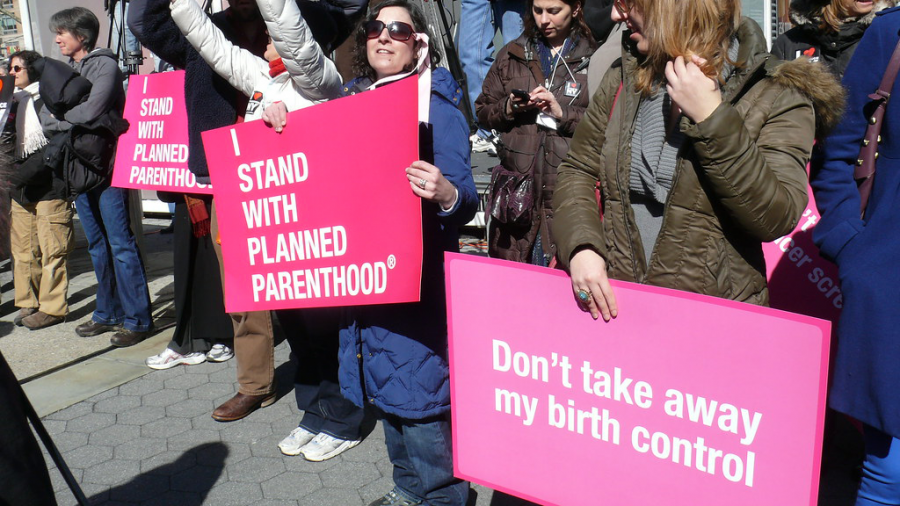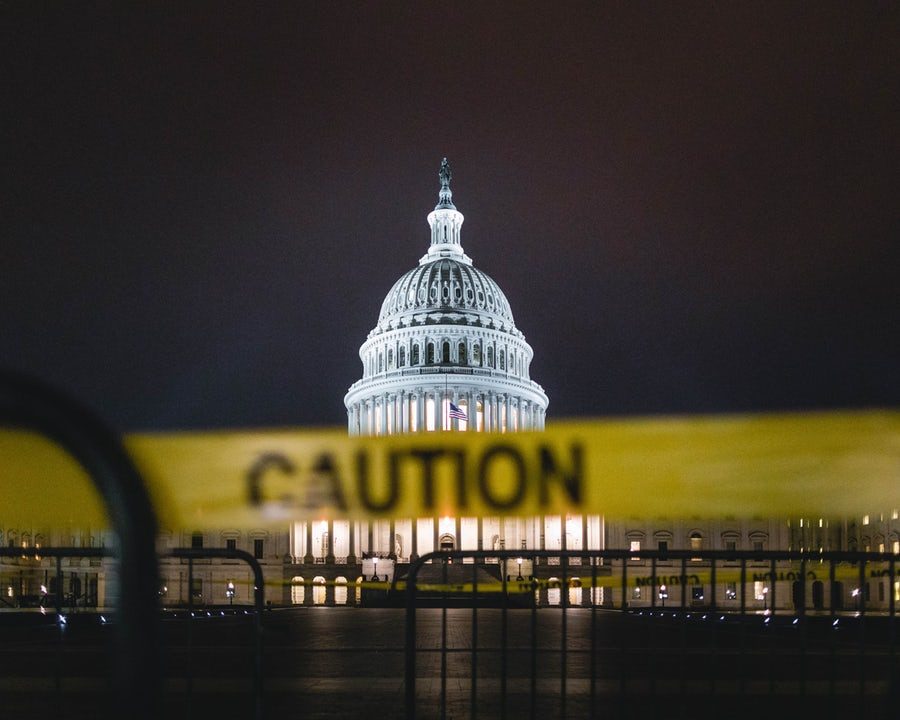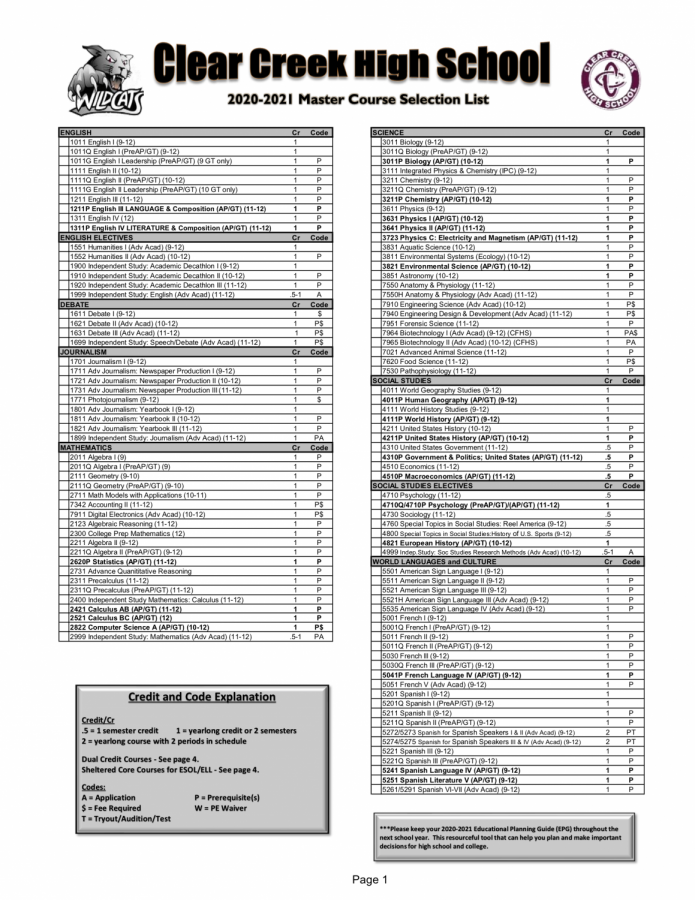After only almost a month of his new term, President Donald Trump has signed a multitude of executive orders that have gained a substantial amount of negative attention and criticism. Trump’s actions; thus far, pose significant problems for the economy, international affairs, and human rights.
Trump implemented tariffs against Canada, Mexico, and China, all resulting in trade consequences, creating a possible increase in inflation. Tariffs are essentially a tax on imports from foreign countries. Tariffs can be inflationary, and overall bad for the economy, because Americans end up paying for the cost of the tariffs, because the increased cost is passed onto the consumer. According to npr.org, tariffs mean incomes in the U.S. economy become lower, because businesses must eat higher costs, where they then have less to pay workers. With less profit, there’s less money to hire and expand employment, and less to invest. So, no matter what channel the price impact takes, it’s Americans who are hurt by the tariffs. Additionally, since companies profit less, they must raise the cost of products in order to make a reasonable profit, which increases inflation. Although Trump heavily campaigned on the importance of fiscal responsibility and economic growth, he effectively increases the price of goods for the average American. This increase taints important relationships with other nations, such as Canada, Mexico, and China, which poses a danger to trade, threatening America’s economic growth.
Critiqued for signing executive orders that violate the constitution, Trump signed an order to end birthright citizenship, which aims to end the citizenship for children born in the U.S., but whose parents aren’t citizens. Although many federal judges blocked this action, the executive order itself is a direct violation of the 14th amendment, which grants citizenship to “all persons born or naturalized in the United States.” This executive order sends the message that he undermines the constitution and precedence. Trump has also dismantled a variety of diversity, equity, and inclusion, DEI, programs which, according to civilrights.org, pressures corporations, nonprofits, schools, and professional associations to roll back diversity practices, and validates discrimination in society, as well as continuing to uphold prejudices.
Many people may argue that Trump would be good for economic growth, thus reducing prices and decreasing taxes. However, economists state that tariffs are ineffective in reducing prices. According to democrats-budget.house.gov, Trump’s tax plan only reduces the corporate tax rate to 18%, creating a handout for rich corporations, costing around $300 billion. He also aims to change the marginal tax rates, which is the amount of additional taxes paid for every additional dollar earned, and remove tax deductions, reducing taxes on the wealthiest earners, but increasing them for the middle class.
Trump proves that his executive actions thus far, cause more harm than good, only one month into his second term, undermining the constitution, human rights, and the economy. In order to uphold a stable country, the federal government should oppose his ineffective executive orders, and people should continue to protest and spread awareness about the issues that he is creating in order to create enough traction for positive change.


















